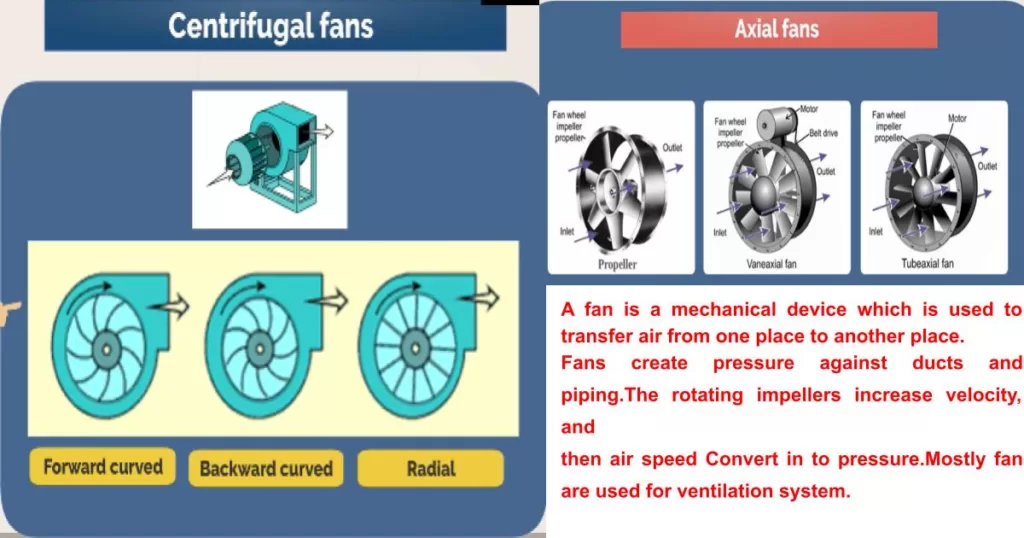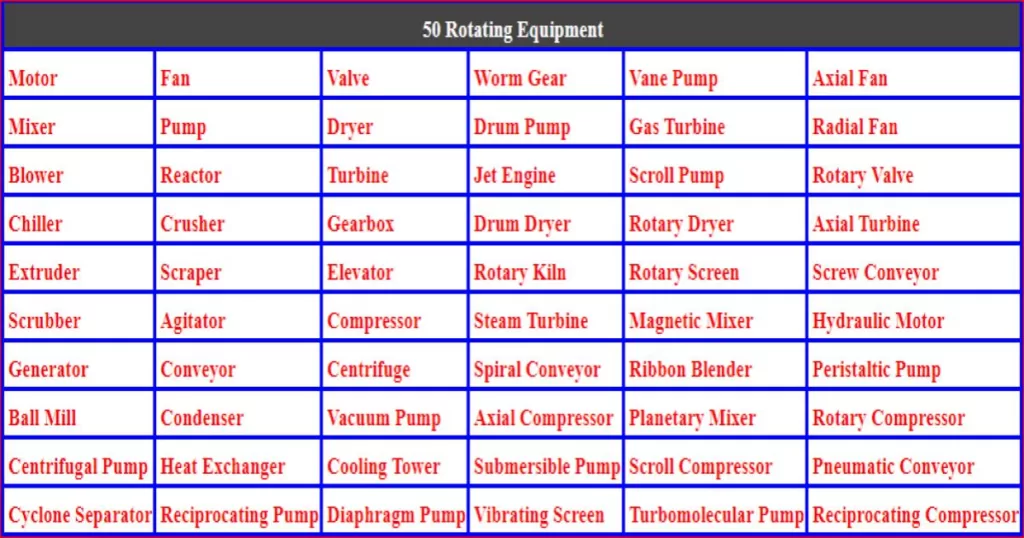How Do Electrical Installations Enhance and Complement Mechanical Engineering?
In the intricate web of modern technology, mechanical and electrical engineering stand as pillars of innovation. While mechanical engineering often takes the spotlight for its tangible manifestations, the role of electrical systems in empowering mechanical functions is equally significant, if not more so.
This article aims to shed light on the symbiotic relationship between electrical installations and mechanical engineering, exploring how the former enhances and complements various aspects of the latter.
What role do electric motors play in industrial operations?
Electric motors are the unsung heroes driving the wheels of industry, transforming electrical energy into the mechanical force that powers our modern world. Their ubiquity spans across a myriad of applications, ranging from the brute force of industrial pumps and fans to the precision of robotic arms in advanced manufacturing.

AC Motors
Alternating current (AC) motors, with their robust construction and ability to deliver consistent power, are the workhorses of heavy-duty applications. Found in everything from industrial compressors to HVAC systems, AC motors provide the muscle necessary to keep essential processes running smoothly.
DC Motors
Direct current (DC) motors, renowned for their simplicity and controllability, excel in applications requiring precise speed and torque control. From electric vehicles to conveyor belts in assembly lines, DC motors offer unparalleled efficiency and responsiveness.
Servo Motors
At the pinnacle of precision lies the servo motor, a marvel of engineering that epitomises the marriage of electrical and mechanical prowess. Equipped with feedback mechanisms for accurate position control, servo motors drive the intricate movements of robotic arms in precision manufacturing and surgical robots in medical procedures.
The pervasive influence of electric motors extends beyond the confines of industrial settings, permeating our daily lives in ways often taken for granted. Whether it’s the gentle hum of a refrigerator compressor or the rhythmic whir of a ceiling fan, electric motors form the backbone of modern convenience and efficiency.
How do electrical control systems contribute to the advancement of modern automation and industrial processes?
In the realm of modern automation, precision is paramount, and electrical control systems stand as the architects of this precision. At their core lie an array of sensors, each tasked with gathering critical data to inform the intricate dance of machinery.
Pressure and Temperature Sensors
Vital for monitoring the health and efficiency of mechanical systems, pressure and temperature sensors provide invaluable insights into the operational conditions of equipment, enabling timely intervention to prevent catastrophic failures.
Advanced Position Sensors
From linear encoders to rotary encoders, position sensors serve as the eyes and ears of automated machinery, offering granular feedback on the spatial orientation of moving parts. This precision is indispensable in applications ranging from 3D printing to robotic welding, where accuracy is non-negotiable.
At the nexus of sensor data and machine control sits the Programmable Logic Controller (PLC), a versatile orchestrator capable of executing complex sequences of operations with surgical precision. Through the seamless integration of sensor feedback and programmable logic, PLCs bring automation to life, powering the seamless operation of automated assembly lines, robotic arms, and Computer Numerical Control (CNC) machines.
The symbiotic relationship between electrical automation and mechanical actuation heralds a new era of industrial efficiency and innovation. As these technologies continue to evolve in tandem, the boundaries of what’s possible in manufacturing and beyond will be limited only by the bounds of our imagination.
Advanced Electrical Enhancements for Mechanical Systems
How do VSDs and condition monitoring contribute to improving operational efficiency and prolonging machinery lifespan?
Variable Speed Drives (VSDs) represent a pinnacle of efficiency in motor control, allowing for dynamic adjustment of motor speed to match varying operational requirements. Concurrently, condition monitoring, facilitated by an array of electrical sensors, enables predictive maintenance by detecting early signs of equipment degradation. Together, these advancements bolster operational efficiency and prolong machinery lifespan, minimising downtime and maximising productivity.
How do electrical safety features contribute to ensuring a safe working environment in mechanical operations?
Electrical safety features play a paramount role in safeguarding both personnel and equipment. Fuses, circuit breakers, and ground fault protection mechanisms shield against electrical hazards, while interlocks serve as fail-safe mechanisms, preventing unsafe machine operation in hazardous conditions. The integration of these electrical safeguards ensures compliance with stringent safety standards, fostering a secure working environment for mechanical operations.
How are mechanical and electrical engineering converging to shape the future of industrial operations?
The convergence of mechanical and electrical engineering extends beyond conventional paradigms, heralding the dawn of smart factories and interconnected industrial ecosystems. The Industrial Internet of Things (IIoT) promises real-time data exchange and analytics, enabling proactive maintenance and resource optimisation. As these technologies mature, the boundary between electrical and mechanical systems blurs further, paving the way for unprecedented levels of efficiency, flexibility, and innovation in engineering practice.
Conclusion
In conclusion, the synergy between electrical installations and mechanical engineering epitomises the essence of technological progress. From powering movement and ensuring precision to optimising performance and ensuring safety, electrical systems serve as indispensable partners in advancing mechanical endeavours. As aspiring mechanical engineers delve deeper into their field, a nuanced understanding of electrical principles and technologies will undoubtedly enrich their toolkit, empowering them to design and innovate with unprecedented creativity and efficiency. Let us embrace this symbiotic relationship, harnessing the full potential of electrical installations to propel mechanical engineering towards new frontiers of excellence.
